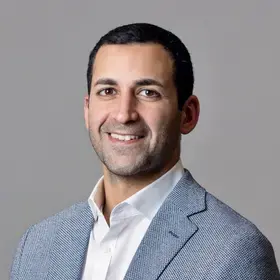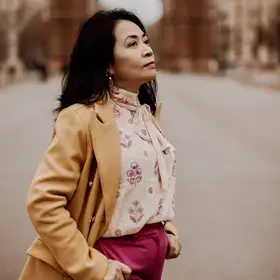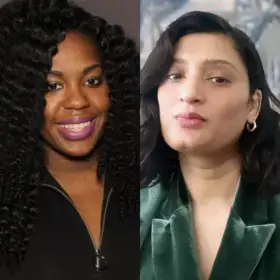Catherine Muse, M.S. in Negotiation and Conflict Resolution ('15), recently landed a new role as Archway Professional, a liaison between the community and the University of Georgia. She spoke with us via email about her new role, insights from her graduate program, and the significance of possessing self-awareness when addressing conflicts in a community.
What do you do in your role as Archway Professional?
As an institution dedicated to teaching, research, and public service excellence, the University of Georgia (UGA) aspired to enhance connectivity between the university and local communities to address the state of Georgia’s critical economic development needs. Through the Archway Partnership, UGA sought to expand and simplify access to higher education resources to cities and counties throughout Georgia.
The Archway Partnership connects counties facing significant issues related to economic development to the knowledge, expertise, and other resources at the University of Georgia. As an Archway professional, I serve as liaison between the community and the University of Georgia. I work to connect higher education resources to locally identified issues and priorities. The community determines the needs and as the Archway Professional, I facilitate the identification of faculty and students with expertise and similar interest.
“The most valuable part of this program was the emphasis on self-awareness. Throughout this program I was challenged to discover what my personal biases were and understand how they might affect my daily interactions.”
Catherine Muse
Archway Professional
University of Georgia Public Service and Outreach, Archway Partnership
What were you doing before you started graduate school? Why did you become interested in the NECR program?
Before the NECR program, I held a position as a Sorority and Fraternity Life Graduate Fellow and Residence Hall Director (RHD) in Atlanta, GA at Emory University. During my time as a RHD, I enjoyed working closely with students, staff, and faculty members. The Residence Life and Housing office at Emory University was dedicated to addressing the needs of each individual student as well as collaborating with student groups and other Campus Life divisions to improve the overall experiences of every Emory University affiliate. Moreover, my work as a RHD opened my eyes to the pressing need for conflict resolution training and knowledge throughout higher education. I felt as if I was naturally effective at assessing issues and implementing student- and faculty-friendly resolutions to any issues brought to my attention. As a result, I was interested in gaining more of a formal education around the work of conflict resolution and its applicability to higher education.
While you were in grad school, in what ways did you implement the lessons from your classes in your job?
During graduate school, I was blessed to receive an opportunity to work with the Department of Justice (DOJ) Community Relations Service. The Community Relations Service is the DOJ’s "peacemaker" for community conflicts and tensions arising from differences of race, color, national origin, gender, gender identity, sexual orientation, religion and disability. This agency works with all parties, including State and local units of government, private and public organizations, civil rights groups, and local community leaders, to uncover the underlying interests of all of those involved in the conflict and facilitate the development of viable, mutual understandings and solutions to the community challenges. As the Graduate Intern, I used my knowledge from the NECR program around accessing needs, positions versus interest, implementing intervention strategies, and considering cultural appropriateness to aid Conciliation Specialists in implementing community-focused programs and trainings.
What do you think were the most valuable parts of the program for you?
The most valuable part of this program was the emphasis on self-awareness. Throughout this program I was challenged to discover what my personal biases were and understand how they might affect my daily interactions. Understanding how I might address conflict and my personal views of the world has: 1. aided my ability to take the perspectives of others and the community members I serve, 2. helped me foster better interpersonal relationships in my personal life and my career, and 3. has shown me that my presence alone can make a difference in a particular situation, regardless of what role I may play.
Any last thoughts about the program, Columbia, or your broader career goals that you wanted to add?
I loved everything about the NECR program. The content we were exposed to was applicable to any and all fields of study. I am hoping that anyone interested in applying to this program has the same positive experience as I did. I know that as I continue on my journey to bridge that gap between the field of conflict resolution and higher education, the Columbia University NECR network will always be a great resource for me.


